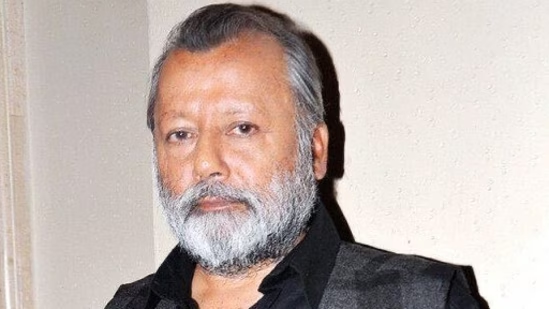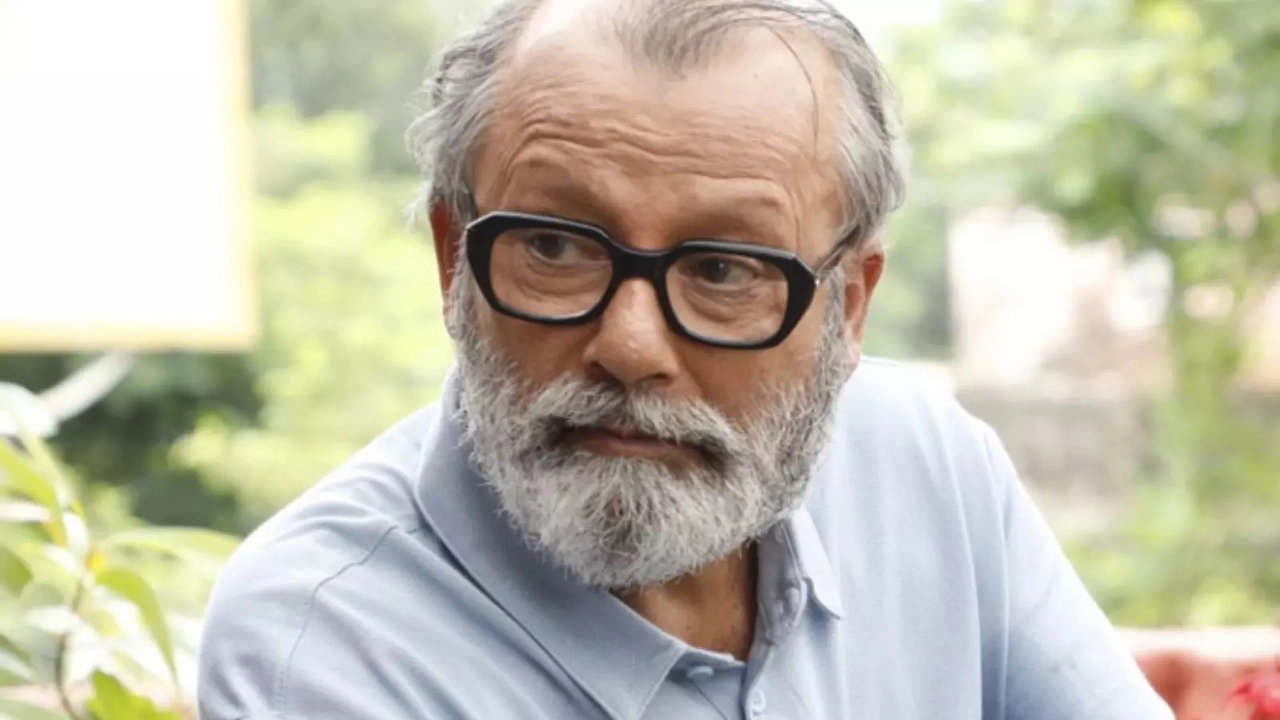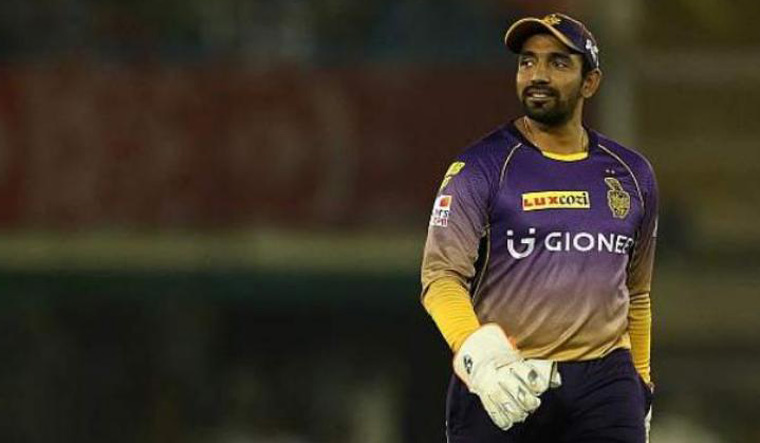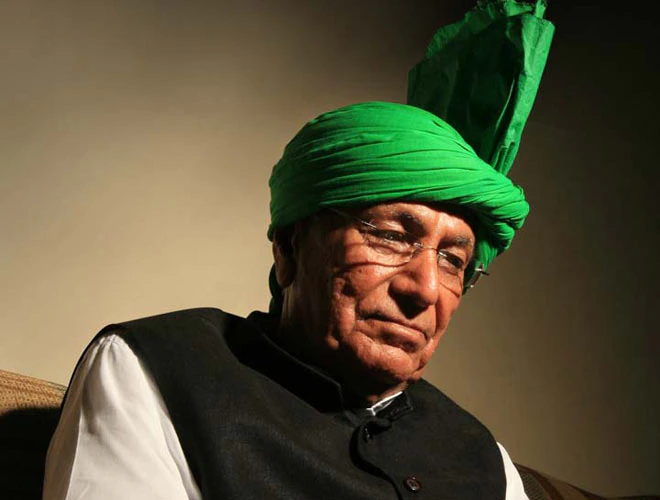Pankaj Kapur: The Quintessential Actor Who Redefined Indian Theatre and Cinema
Pankaj Kapur, a name synonymous with impeccable acting, is one of the finest actors Indian cinema and theatre have ever seen. With his powerful screen presence and ability to breathe life into characters, Kapur has carved a unique space in the Indian entertainment industry. Known for his distinctive style, deep commitment to the craft, and a career spanning over four decades, he remains a towering figure in Indian cinema and theatre.
Early Life and Theatrical Beginnings
Born on May 29, 1954, in Ludhiana, Punjab, Pankaj Kapur’s passion for acting began early in life. He pursued engineering but soon realized his calling lay in the world of performance. He graduated from the National School of Drama (NSD), New Delhi, in 1976, a prestigious institution that has produced some of India’s most celebrated actors. It was here that Kapur honed his craft, perfecting his ability to delve deep into characters and bring out their emotional depth.
Kapur’s theatrical career is legendary. He worked extensively with renowned theatre directors, performing in numerous productions that showcased his range as an actor. His association with theatre never faded, even as he transitioned into films and television. The stage became his testing ground, and the skills he acquired there shaped his film career, allowing him to bring a certain depth to his roles that few actors could match.
Pankaj Kapur Transition to Cinema and Breakthrough Roles

Pankaj Kapur’s film debut came in 1982 with Shyam Benegal’s Arohan, a film that reflected the realistic, socially conscious cinema of the time. However, it was his role in Richard Attenborough’s epic Gandhi (1982) as Pyarelal, Mahatma Gandhi’s secretary, that brought him wider recognition. Though it was a small role, his nuanced portrayal of the character earned him respect within the industry.
Kapur continued to be associated with parallel cinema, appearing in films like Jaane Bhi Do Yaaro (1983) and Mandi (1983), both of which became cult classics. However, his breakthrough role came in Ek Doctor Ki Maut (1990), where he portrayed the life of a scientist struggling against a rigid system. Kapur’s brilliant performance won him his first National Film Award, marking him as a force to be reckoned with in Indian cinema.
Iconic Roles on Television and Films
Pankaj Kapur’s versatility shone through his television work, particularly in the comedy series Karamchand (1985), where he played the quirky detective with his trademark wit and humor. His role as the carrot-loving detective became iconic, and the show remains a beloved part of Indian television history.
Kapur continued to impress with his work in films like Maqbool (2003), Vishal Bhardwaj’s adaptation of Macbeth, where he played Abbaji, a role based on Shakespeare’s King Duncan. His portrayal of a Mumbai underworld don was both intense and nuanced, earning him a second National Film Award. Kapur’s ability to convey complex emotions with minimal dialogue is one of his greatest strengths, and this role solidified his reputation as one of India’s finest actors.
A Mentor and Visionary
Beyond acting, Pankaj Kapur has been a mentor to many young actors. His deep understanding of cinema and theatre has made him an influential figure in both industries. In recent years, Kapur has also ventured into writing and directing. His directorial debut, Mausam (2011), starring his son Shahid Kapoor, reflected his keen eye for storytelling, though the film received mixed reviews.
Kapur’s humility and commitment to his craft have won him widespread respect. Despite his towering achievements, he remains grounded and focused on continuously improving his art. His work is often described as methodical, with each role reflecting his intense preparation and thought process.
A Legacy That Continues to Inspire
Pankaj Kapur’s contribution to Indian theatre and cinema is immense. His body of work spans different genres, from intense dramas to light-hearted comedies, showcasing his range and versatility. While he may not seek the limelight, his performances have left a lasting impact on audiences and filmmakers alike.
As he continues to work on select projects, Kapur’s legacy as a master actor, mentor, and visionary remains intact. His dedication to his craft has set a standard for acting in India, and he continues to inspire generations of actors with his body of work.



